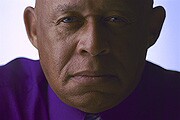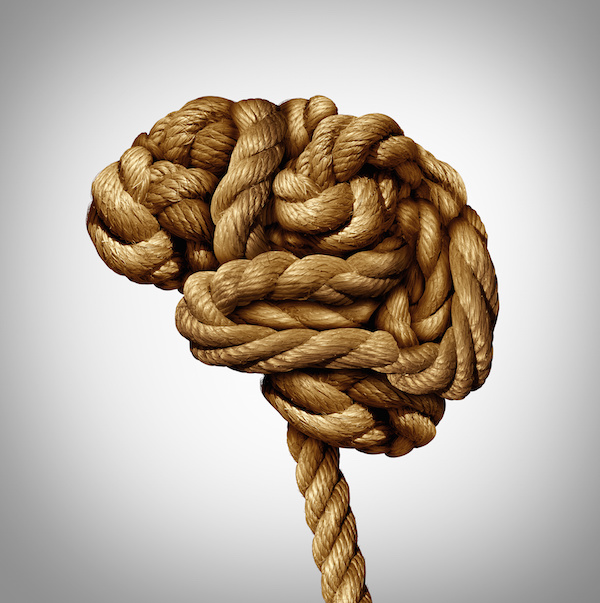
TUESDAY, Dec. 27 (HealthDay News) — Racial and cultural factors still affect the diagnosis and treatment of depression in elderly Americans, despite improvements to diagnostic tools and therapies in recent decades, according to a new study.
Researchers found that elderly blacks are less likely to be diagnosed — and therefore treated — than whites or Hispanics.
About 6.6 percent of elderly people in the United States have an episode of major depression each year, making it a significant public health issue for older Americans, the Rutgers University researchers pointed out in a university news release.
If it’s left untreated or undertreated, depression can have a major negative impact on quality of life and can also complicate medical conditions that are common in elderly people, including congestive heart failure, arthritis and diabetes, Ayse Akincigil, an assistant professor in Rutgers’ School of Social Work, and colleagues explained.
The investigators analyzed data collected from nearly 34,000 Medicare beneficiaries between 2001 and 2005, and found that rates of depression diagnosis were 6.4 percent for whites, 4.2 percent for blacks, 7.2 percent for Hispanics, and 3.8 percent for other groups.
“Efforts are needed to reduce the burden of undetected and untreated depression and to identify the barriers that generate disparities in detection and treatment,” the researchers concluded.
“Promising approaches include providing universal depression screening and ensuring access to care in low-income and minority neighborhoods,” they added. “An increase in the reimbursement of case management services for the treatment of depression also may be effective.”
The study was released online in advance of publication in an upcoming print issue of the American Journal of Public Health.
More information
The U.S. National Institute of Mental Health has more about older adults and depression.

